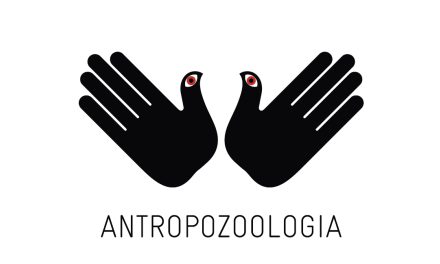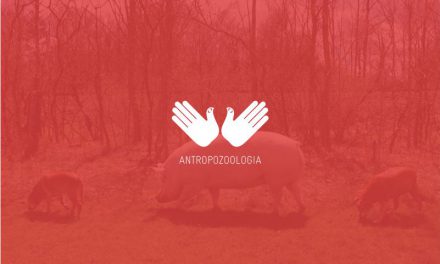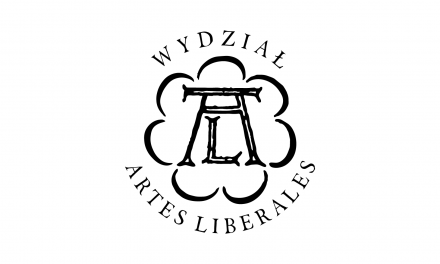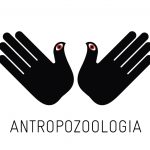Serdecznie zapraszamy na wykład otwarty Dr Thomasa Aiello z Valdosta State University (USA) pod tytułem The Original Farm Animal Revolts: Kostomarov’s Ukraine and Reymont’s Poland at the Turn of the Twentieth Century.
Wykład w języku angielskim odbędzie się 19 grudnia br. o godz. 18.00 na Wydziale „Artes Liberales” UW (ul. Dobra 72, sala konferencyjna, poziom -1). Moderacja dyskusji po wykładzie: Dr Dorota Łagodzka.
Zapraszamy studentów, wykładowców i osoby spoza uczelni.
The Original Farm Animal Revolts: Kostomarov’s Ukraine and Reymont’s Poland at the Turn of the Twentieth Century
In 1945, George Orwell published Animal Farm, a critique of Cold War totalitarianism wherein animals acquire human speech, walk on two legs, and ultimately oppress themselves once gaining power. Its concern for the lived experience of farmed animals is marginal. But it was not the first farm animal revolt. Two decades prior, Polish novelist Władysław Reymont published Bunt (Revolt) about a farm animal uprising in search of equality that degenerates into chaos and abuse of power. It was a metaphor for the Bolshevik takeover in Russia that formed a model for Orwell’s later metaphorical criticism of a different generation of totalitarians. Even earlier, Ukrainian historian Nikolai Kostomarov published his own tale of animal revolution, “Skotskoi Bunt” (“Animal Revolt”) in 1880, a story that was given a wider audience upon its republication in 1917, just prior to that same Bolshevik Revolution. The case for Kostomarov’s tale being an allegory for human travails, however, is more difficult to make, and there is linguistic and historical evidence that the story is less concerned with human revolution and more with a case against harming nonhuman animals.Both of the narratives, then, one from Ukraine and one from Poland, were vital to the creation of Orwell’s later totalitarian allegory. More importantly, each were written and published in a specific cultural context in time and space–Central and Eastern Europe from the 1880s to the 1920s–that would have created distinct receptions to the works partially based on human political realities, but also rooted in flourishing vegetarian and animal rights movements in Ukraine and Poland at the turn of the twentieth century. Orwell’s Animal Farm, one of the most influential novels of the twentieth century, may not have been a story of animal rights, but it was based, and in some cases almost copied directly, from stories far more closely linked to such concerns.
Thomas Aiello is a professor of history and Africana studies at Valdosta State University. He is the author of more than twenty books on American history. He holds PhDs in history and anthrozoology, and he also writes about the relationship between humans and animals, in particular the role of speciesism and human supremacy in creating vulnerabilities for nonhuman animals. He serves on the board of the Animals and Society Institute, the largest animal studies think tank in the United States. Learn more at www.thomasaiellobooks.com.











